Research in the School of Sciences
Explore research in the School of Sciences, including our research supervisors and their areas of expertise.
Academics and research topics for supervision
- Antibiotic resistance
- Occupational lung disease
- Infectious diseases
- investigation of the activity of the superoxide dismutase protein in people with diabetes mellitus and the links with secondary complications
- Domestic violence and stalking
Dr Andrew Dunn
- Poverty
- Unemployment
- Consumer culture
- Crime rates around the world
- Rape
- Men convicted of sexual offences
- Sexual consent
- Pngosrisons research
- Hate and counter speech
- Computer mediated discourse analysis
- Interactionism
- Organisation of coercive force by state (police and military) and non-state (private security/military, organised crime, insurgency) groups
- Prison writing
- Narrative research
- Participatory (arts-based) research methods
- Gender and punishment/prison research
- Social justice
- Homicide
- Violence
- Major crime investigation
- Detective work
- Policing
- Qualitative research
Ailsa Winton
- Urban geography
- Migration and displacement
- Global development
- Gender and development
- Fluvial geomorphology
- Lowland river flooding
- River restoration
- Urban river regeneration
Dr Giovanna Gioli
- Political ecology of development
- Hazards
- Disasters
- Adaptation to climate change
- Hazards
- Disaster risk reduction
- Climate change adaptation
- Urban environments
- Visual representations of race and ethnicity
- Exploration of late 19th century and early 20th century mapping of race and racial categories by geographers and anthropologists
- US state cartographies and the representation/exclusion of the indigenous population between 1850 and 1950
- Photographic Representations of indigenous groups, past and present
- Histories of Geography / Cartography
- Research and invited publications in the history of geography and history of cartography, including influence of evolutionary theories on geography/geographers, race and ethnicity, and indigenous peoples and western mapping
- Functional foods
- Complementary and integrative medicine
- Natural and sustainable product development
- New technologies that will enable us to measure and explore the relationship between time spent in nature and our physical, mental and social health
- Molluscs and quaternary palaeoecology
- Prehistoric landscapes
- Archaeology of south west Britain
- Public perceptions of environmental change/climate change/ sustainability
- Human-nature / wildlife interactions
- Animal behaviour / behavioural ecology
- Wildlife Conservation
- Animal behaviour
- Comparative and biological psychology
- Anthrozoology
Dr Stephanie Greshon
- Habitat enhancement and creation
- Working in partnership with third parties to achieve biodiversity net gain of degraded habitats
- Social determinants of health and minority groups, and on developing community interventions to recover from sociocultural trauma.
- Synaesthesia
- Social perception
- Interoceptive sensitivity
- Alexithymia
- ASMR and non-invasive brain stimulation
- Youth and identity
- How culture contextualises and shapes social identification and identity construction processes
Dr Charlotte Edmunds
- Learning (especially associative and category learning)
- Decision-making (both pure and applied)
- Eye-tracking and formal modelling
- Young people’s happiness and wellbeing and materialism.
- Educational and Developmental Psychology and more specifically on the ways young children use technologies, from tablets and mobile phones to robots and virtual reality (VR) equipment and the effects that use has to their development.
- Research methods
- Scale development and psychometrics
- Wellbeing and quality of life
- Cognitive psychology of memory with a focus on the relationship between encoding and retrieval processes, and the role of environmental context.
- Broadly:
- areas of developmental and educational psychology.
- Specifically:
- neurodevelopmental disorders
- technology-based interventions/support (particularly using video games)
- emotional regulation and escapism.
- Methods:
- replication research
- visual methods
- mixed methods.
- Social identity
- Sociopolitical attitudes
- Stereotypes
- Special populations
- Research in memory development
- Executive function and sleep
- Forensic linguistics
- Autobiographical memory and emotions
- Eyewitness testimony
Dr Mary Nikolaidou
- Addiction
- Addictive behaviours
- Social media
- Health psychology
- Mental health
- Developing and testing behaviour change interventions, specifically alcohol interventions.
Naomi Heffer
- Broadly:
- cognitive psychology, particularly focusing on multisensory processing and processing of emotion
- Cognitive mechanisms underlying clinical conditions, such as mood and anxiety disorders
- autism.
- Methods:
- psychophysics
- psychophysiology
- cognitive tasks
- EEG.
- Neuropsychology
- Clinical psychology
- Islamophobia
- Racial bias
- Unconscious bias
- Religious views
- Developmental psychology
- Political views
- Legislation and policy implications
- Cultural and societal beliefs relating to perceptions of crime
- Experiences of the LGBTQIA+ community in the criminal justice system
- Intersectionality and perceptions relating to perceptions of crime
- Support systems and services relating to survivors of crime
- Educational interventions
- Critical discourse analysis Nvivo
- Thamatic analysis Nvivo
- Advanced quantitative methods in R Studio
- Facial recognition
- Reducing sexual violence and sexual harassment
- Short- and long-term behavioural effects of playing video games and using other forms of digital technology
- Interested in the interaction between scientists and the media, particularly how scientific research (for example, about video games) gets picked up in the mainstream news
- Employee health and wellbeing, particularly when employees suffer with chronic pain and how that affects their work/return to work (RTW)
- General research areas:
- stereotypes and discrimination
- gender and its interaction with other social identities
- collective action and social change
- leadership and power.
- Specific supervision topics:
- examining the content and effects of gender stereotypes
- how to improve bystander responding to support victims of gender-based violence
- men's engagement with the gender-equality cause.
Centre for Research on Science and Society
Led by Professor Pete Etchells, the Centre for Research on Science and Society (CRoSS) is the flagship Research Centre within the School of Sciences.
It explores the interplay between scientific advances and their broader societal implications and impacts, and consists of six core Research Clusters:
Research degrees
Postgraduate research is one of the most demanding and rewarding experiences in higher education. Curious about doing a research degree with us, but not sure where to start? Get in touch with our Graduate College.
Questions?
If you have any questions about securing a research supervisor, you can contact our Higher Degrees Tutor for Sciences, Dr Luke Roach (l.roach@bathspa.ac.uk).

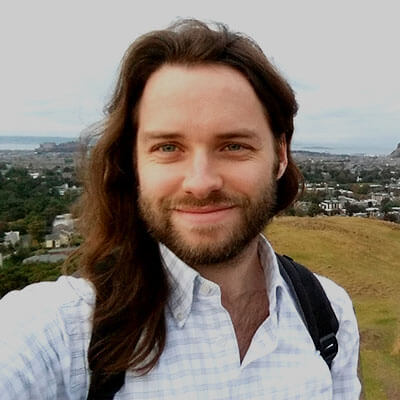












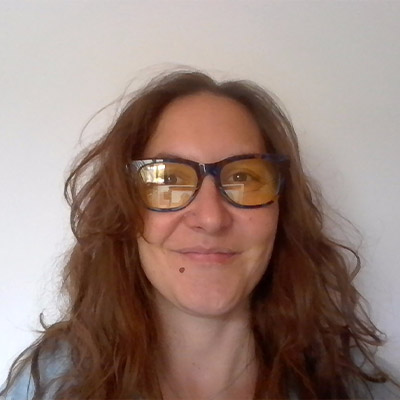
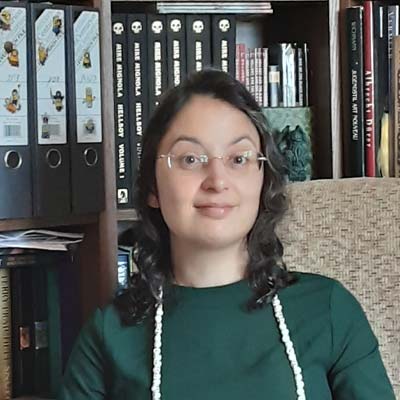
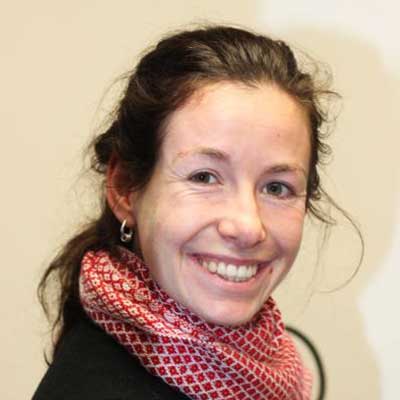






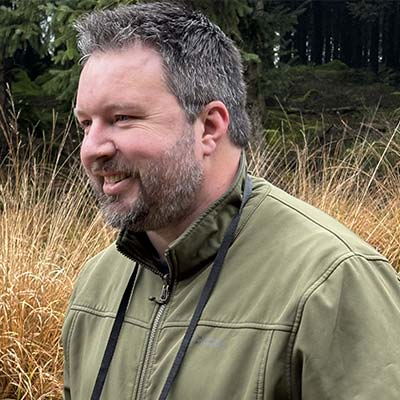
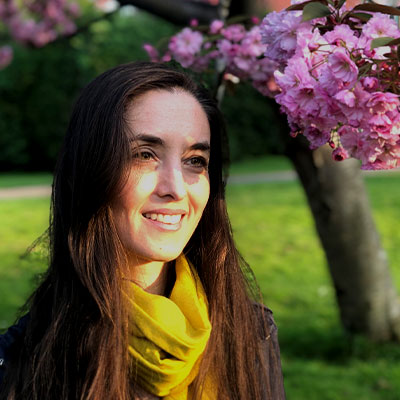









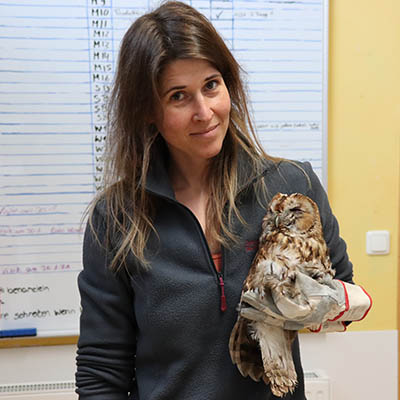




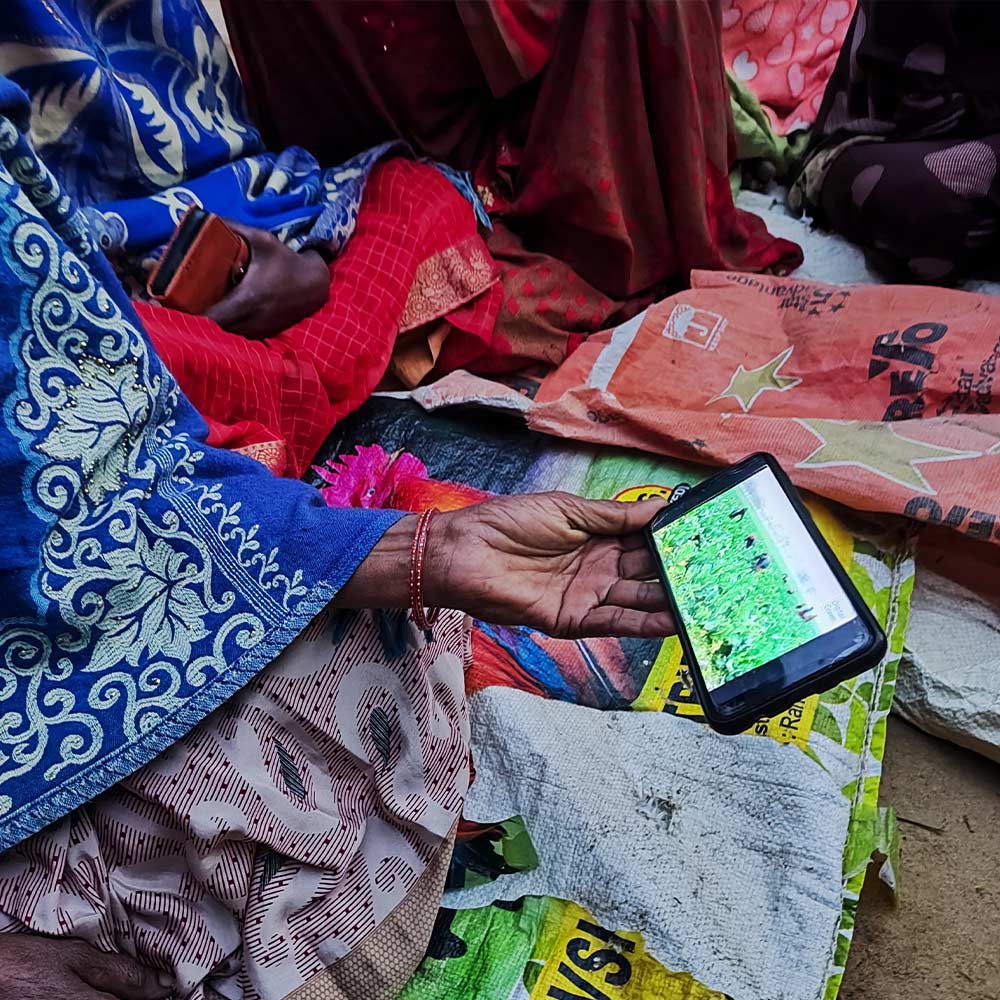 Digital Climate Futures
Digital Climate Futures
 Political afterlife of rubble
Political afterlife of rubble
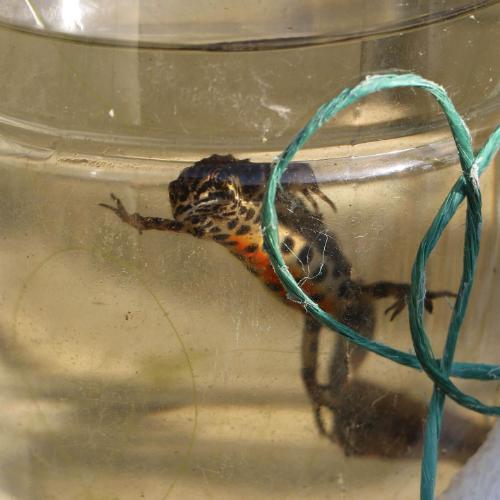 National Newt Day
National Newt Day
 Troubled Waters, Stormy Futures
Troubled Waters, Stormy Futures
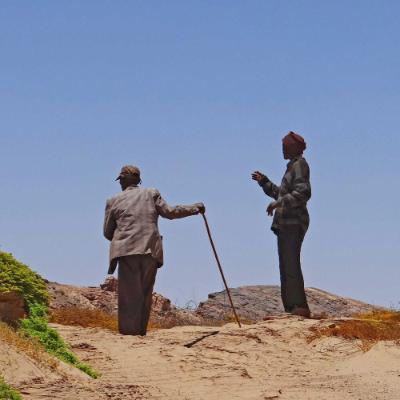 Disrupted Histories, Recovered Pasts
Disrupted Histories, Recovered Pasts
 Enduring Connections
Enduring Connections
 The Art of Healing in Kashmir
The Art of Healing in Kashmir
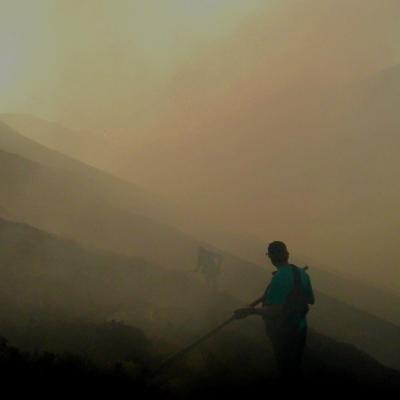 Historical perspectives on wildfires in Ireland
Historical perspectives on wildfires in Ireland
 The Last Hurrah: exploring climate change through theatre
The Last Hurrah: exploring climate change through theatre
 HiFlo-DAT Hazard Database
HiFlo-DAT Hazard Database
 Himalayan Flood Reconstruction
Himalayan Flood Reconstruction
 Towards Hydrocitizenship
Towards Hydrocitizenship
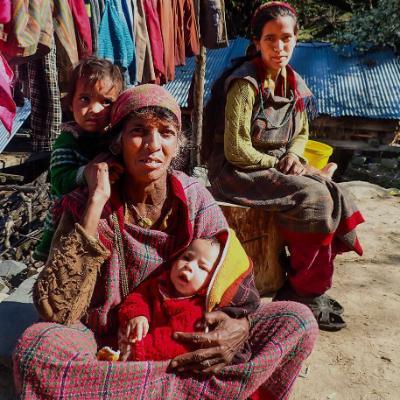 Pathways to Resilience
Pathways to Resilience